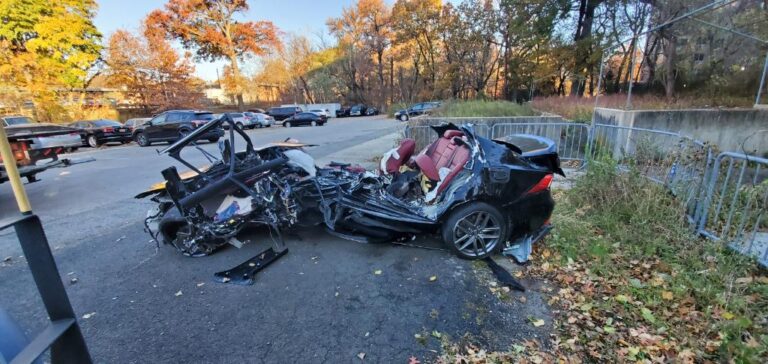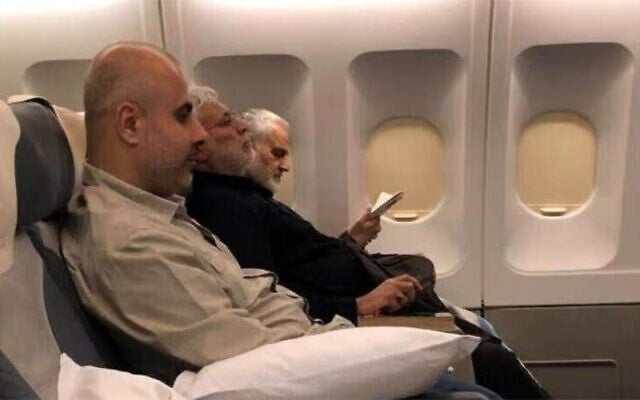A study links night-time heart attacks with the breathing disorder sleep apnea, which makes people gasp for breath every few minutes.
The link is not fully established, but it seems logical, said Dr. Virend Somers, a cardiologist from the Mayo Clinic who is lead author of the report in the July 29 issue of the Journal of the American College of Cardiology.
Most heart attacks occur in the day, generally between 6 a.m. and noon, Somers said. Having one during the night, when the heart should be most at rest, means that something unusual happened, he said. Somers and his colleagues have been working for a decade to show that sleep apnea is to blame.
Their studies have looked at the most common form, obstructive sleep apnea, in which the tube carrying air to the lungs, collapses periodically, blocking the flow. “About 10 years ago, we showed that obstructive sleep apnea has a powerful effect on the sympathetic nervous system, causing an acute increase in adrenaline flow, high blood pressure and lack of oxygen,” Somers said.
That study was followed by another showing that sudden death at night is more common for people with sleep apnea. An obvious cause of sudden death is a heart attack, so in this latest study, Somers and his colleagues studied the breathing patterns of 92 people admitted to the hospital after heart attacks.
“For those who had heart attacks at night, the vast majority had undiagnosed sleep apnea,” Somers said. “So, perhaps sleep apnea is acting as a trigger for night-time heart attacks.”
The “perhaps” is there because it is an observational study, not the kind of carefully controlled study that is the gold standard of medical research. Prospects for such a study, in which people with and without sleep apnea would be followed for months or years to determine their risk of night-time heart attacks, are dim, Somers acknowledged.
Several studies have shown a link between sleep apnea and cardiac problems, said Dr. Allan Pack, director of the sleep center at the University of Pennsylvania. The largest, done several years ago, followed thousands of individuals. “It showed that people with sleep apnea who refused treatment had a three- to fourfold increased risk of cardiac events,” Pack said.
What the new study adds is “a relative difference in the timing of cardiac events,” he said. In clinical practice, if someone has a heart attack in the night, “you would strongly suspect sleep apnea,” Pack said.
If tests detect sleep apnea, there is an effective treatment available that can reduce the risk of future cardiac events, he said. Continuous positive air pressure (CPAP) keeps airways open continuously by pushing air into the lungs through a face mask.
“It might be cumbersome, but it is effective,” Pack said.
(Source: HealthDay News)










